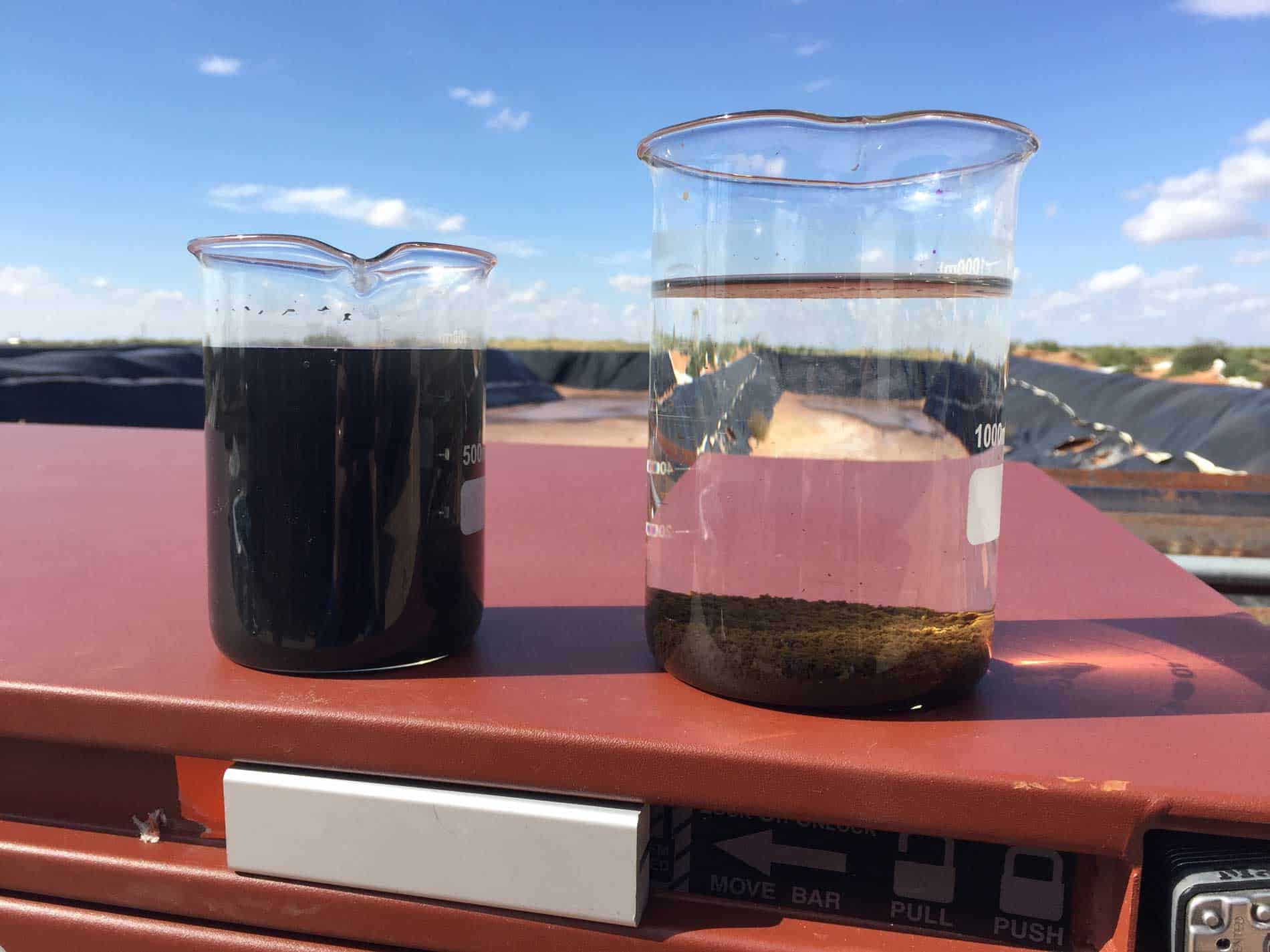Process Water Compatibility Testing
In the oil and gas sector, produced water is a critical byproduct that requires careful handling and treatment. This process water not only influences the performance of downstream operations but also impacts environmental compliance and operational efficiency. One crucial aspect in ensuring the effective management of produced water involves compatibility testing. This service focuses on evaluating how different chemical additives and produced waters interact with various processing equipment, pipelines, and storage facilities to ensure optimal performance and minimize potential issues.
The process water compatibility test aims at identifying any adverse reactions or fouling that could arise from mixing different types of produced water or adding chemicals for treatment. This testing is essential in the design and optimization phases of oilfield operations. By conducting these tests, operators can select additive packages that are compatible with their specific produced waters, thus reducing scaling, corrosion, and biofilm formation.
The testing protocol involves a series of steps to simulate real-world conditions accurately. Specimens are prepared by mixing known quantities of produced water samples and various additives in controlled laboratory environments. The compatibility test ensures that the selected additive does not cause any detrimental effects on the integrity of equipment or lead to operational inefficiencies. This includes checking for issues such as fouling, scaling, and corrosion.
For quality assurance, we adhere to international standards such as ISO 12735:2019 which provides guidelines for the compatibility testing of produced water with chemicals used in oilfield operations. Our state-of-the-art laboratory facilities are equipped with advanced analytical instruments capable of detecting even trace amounts of contaminants or byproducts that might affect process efficiency.
This service is particularly relevant to quality managers, compliance officers, R&D engineers, and procurement specialists who need reliable data on additive compatibility for their produced water management strategies. The results from our testing can help inform decisions regarding chemical selection, operational adjustments, and environmental impact assessments.
- Quality Assurance: Ensures the selected additives do not cause fouling or scaling in pipelines and equipment.
- Environmental Compliance: Helps meet regulatory requirements by minimizing the ecological footprint of produced water handling.
- Economic Efficiency: Reduces downtime and maintenance costs associated with equipment degradation due to incompatible chemicals.
The process water compatibility testing is a vital component in maintaining operational efficiency while adhering to stringent environmental standards. By understanding how produced waters interact under different conditions, operators can make informed choices that enhance overall performance and sustainability.
Industry Applications
Process Water Compatibility Testing plays a pivotal role across various segments within the oil and gas industry:
- Rig Site Operations: Ensures that chemicals used in drilling fluids are compatible with produced water, preventing equipment damage.
- Offshore Platforms: Guarantees that cleaning agents and biocides are safe for use without causing fouling or scaling on critical components.
- Onshore Facilities: Facilitates the selection of appropriate corrosion inhibitors and scale preventatives, thereby enhancing operational reliability.
- Pipeline Systems: Tests compatibility between produced water and pig detergents to ensure smooth pipeline operations and reduce blockages.
The insights gained from this testing are invaluable for R&D teams working on improving existing processes or developing new technologies. By understanding the interactions at a fundamental level, these professionals can innovate solutions that address specific challenges faced by the industry today.
Moreover, compliance officers rely heavily on accurate test results to ensure that their operations comply with national and international regulations governing produced water management. This service supports their efforts in maintaining operational excellence while contributing positively towards environmental conservation initiatives.
Quality and Reliability Assurance
The quality and reliability of process water compatibility testing are paramount for ensuring accurate and actionable results. Our laboratory adheres to strict protocols and uses cutting-edge instrumentation to ensure consistency and precision in every test performed:
- Standard Operating Procedures (SOPs): All tests follow detailed SOPs that have been validated against international standards.
- Calibration: Instruments are regularly calibrated using certified reference materials to maintain accuracy levels within specified tolerances.
- Replication: Each test is replicated multiple times to verify results and eliminate any anomalies or errors in data collection.
- Data Analysis: Advanced statistical methods are employed to analyze the vast amount of data generated during testing, providing robust insights into additive compatibility.
We also employ rigorous quality control measures at every stage of the process, from sample preparation to final reporting. This includes regular audits and peer reviews conducted by industry experts. The goal is not only to produce reliable results but also to instill confidence in our clients regarding the robustness of their produced water management strategies.
The reliability of these tests contributes significantly to maintaining operational continuity and minimizing disruptions due to unforeseen equipment failures or process inefficiencies. By leveraging accurate test data, operators can confidently implement changes that lead to enhanced performance and reduced costs associated with downtime and maintenance.
Competitive Advantage and Market Impact
Process Water Compatibility Testing offers a competitive edge by enabling businesses to stay ahead of regulatory requirements and industry trends:
- Regulatory Compliance: Ensures that all operations comply with local, national, and international environmental regulations.
- Innovation Leadership: Provides insights into new chemical formulations and their compatibility with existing processes, fostering innovation within the company.
- Cost Efficiency: Reduces unnecessary expenditures on equipment repairs and replacements by identifying potential issues early in the development stage.
- Environmental Stewardship: Contributes positively towards sustainability goals by promoting responsible produced water management practices.
The ability to predict and mitigate risks associated with process water interactions gives companies a strategic advantage in maintaining operational excellence. This service allows organizations to align their operations seamlessly with broader market demands, thereby enhancing brand reputation and customer satisfaction.
Moreover, the insights gained from this testing can be leveraged for targeted marketing strategies aimed at attracting environmentally conscious clients who value sustainability practices. By demonstrating leadership in produced water management, companies can position themselves as industry pioneers, driving demand for their services and products.





